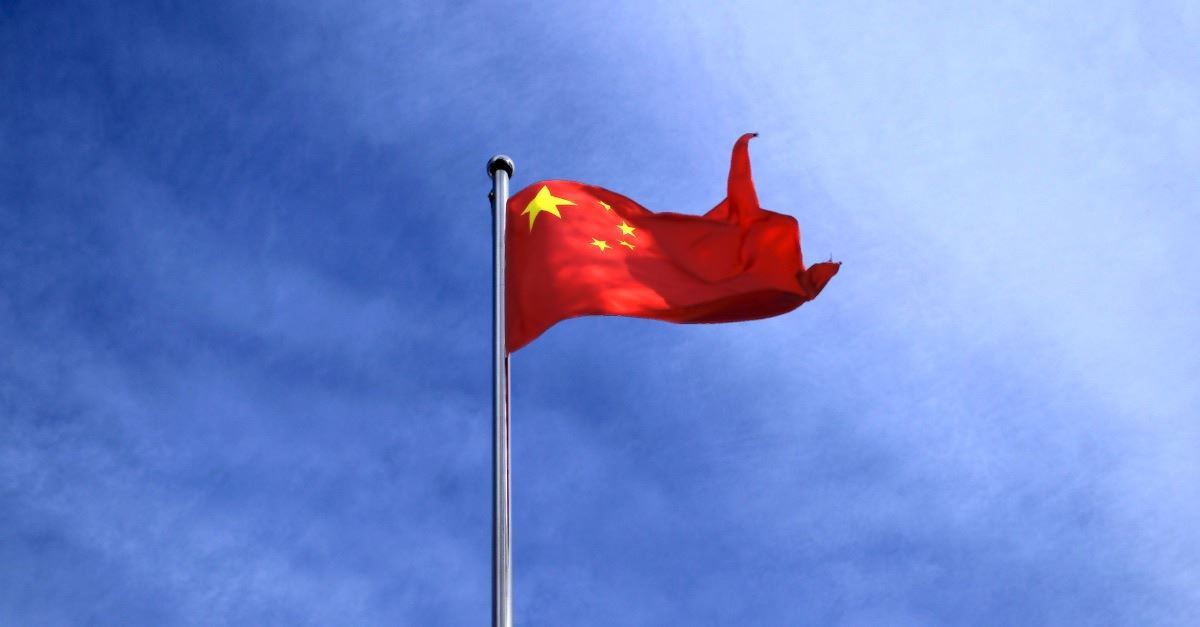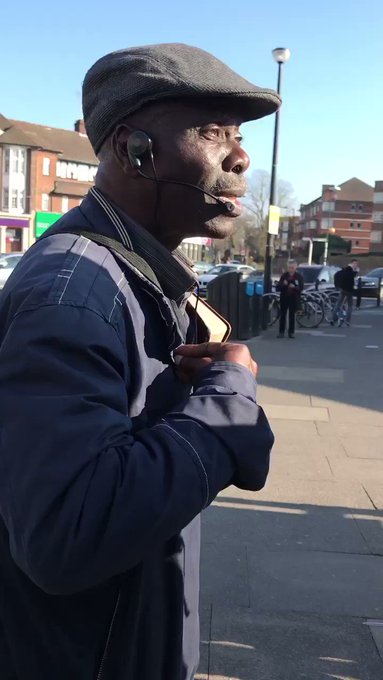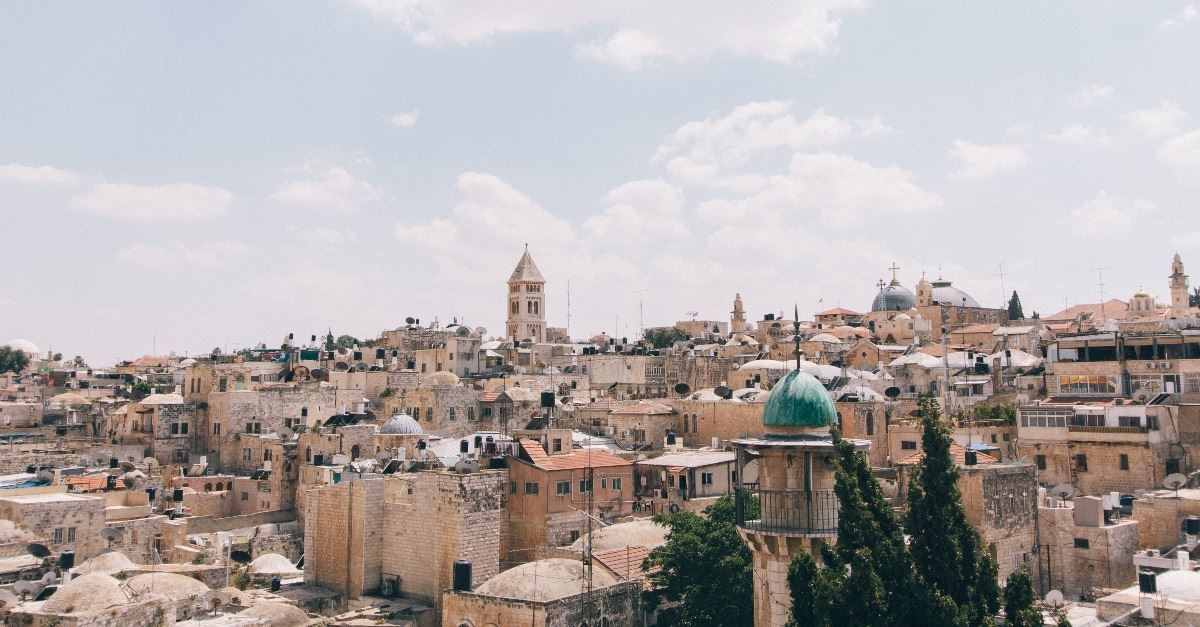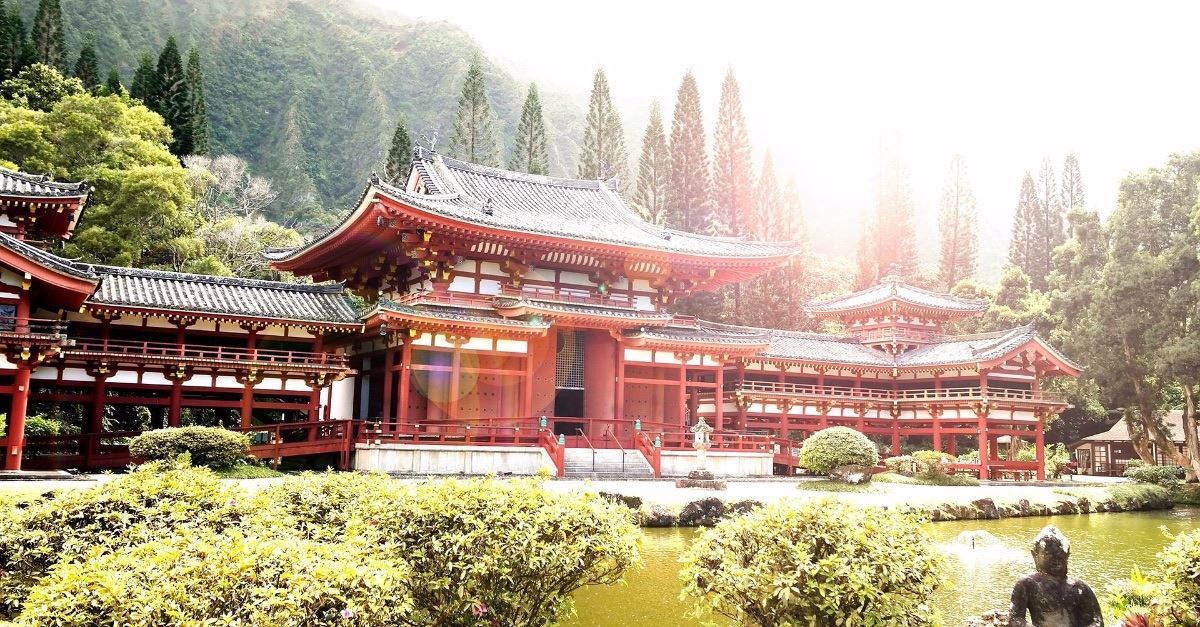Photo courtesy: Getty Images
By Kayla KosloskyChristian Headlines
In 1999, Hugo Chávez was elected as President in Venezuela. According to Encyclopaedia Britannica, Chávez was seen as a beacon of hope in a nation that was struggling. Before assuming office, the Venezuelan people were disenchanted with the democratic administration that left more than 50 percent of all Venezuelan citizens in poverty. In hopes that he would follow through on promises of prosperity, the Venezuelan people elected Chávez as their president in 1999.
This would be the beginning of social and political unrest in Venezuela.
Chávez – who had taken to overspending the government’s wealth on social programs – would stay in office until his death in 2013. While in office, Chávez managed to nationalize the petroleum sector, telecommunications, electricity, steel and cement companies. He also introduced a referendum in 2009 which eliminated term-limits. The referendum was approved.
After Chávez died of cancer in February 2013, Nicolás Maduro was appointed President.
Within Maduro’s first year as president, inflation climbed to over 50 percent and the economy took a nose dive. The socialist dictator began disregarding legislature’s votes and declaring renewable states of emergency that gave the military more power to “maintain public order.” By 2017, the International Monetary Fund found that the Venezuelan GDP had dropped by 14 percent and the inflation rate was at 2,400 percent.
In what many believe to be a rigged election, Maduro won re-election in 2018. Soon after, the head of the National Assembly and the opposition party's newly elected leader Juan Guaidó declared himself the nations acting president and was widely recognized on the international stage.
Guaidó, however, has little power over the country as Maduro maintains military control.
HERE ARE FIVE THINGS CHRISTIANS SHOULD KNOW ABOUT THE CRISIS IN VENEZUELA:
This would be the beginning of social and political unrest in Venezuela.
Chávez – who had taken to overspending the government’s wealth on social programs – would stay in office until his death in 2013. While in office, Chávez managed to nationalize the petroleum sector, telecommunications, electricity, steel and cement companies. He also introduced a referendum in 2009 which eliminated term-limits. The referendum was approved.
After Chávez died of cancer in February 2013, Nicolás Maduro was appointed President.
Within Maduro’s first year as president, inflation climbed to over 50 percent and the economy took a nose dive. The socialist dictator began disregarding legislature’s votes and declaring renewable states of emergency that gave the military more power to “maintain public order.” By 2017, the International Monetary Fund found that the Venezuelan GDP had dropped by 14 percent and the inflation rate was at 2,400 percent.
In what many believe to be a rigged election, Maduro won re-election in 2018. Soon after, the head of the National Assembly and the opposition party's newly elected leader Juan Guaidó declared himself the nations acting president and was widely recognized on the international stage.
Guaidó, however, has little power over the country as Maduro maintains military control.
HERE ARE FIVE THINGS CHRISTIANS SHOULD KNOW ABOUT THE CRISIS IN VENEZUELA:
Photo courtesy: Getty Images/Joe Raedle/Staff
1. PEOPLE ARE STARVING TO DEATH
According to the BBC, in recent years, some three million Venezuelans have fled from the country because of political corruption, violence, and crippling poverty. According to a 2017 Bengoa-Enconvi survey, eight out of 10 Venezuelans reported that they were eating less because they did not have enough food at home and six out of 10 said they had gone to bed hungry because they could not afford to buy food.
The BBC reports that the survey also found that 64.3 percent of people had lost about 25 pounds on average in 2017, nine out of ten people reported that they could not afford their daily food and 8.2 million people reported having two or fewer meals a day. With hyperinflation destroying the value of the bolivar, most Venezuelan’s are finding it difficult to afford any of the basic necessities including food and toiletries.
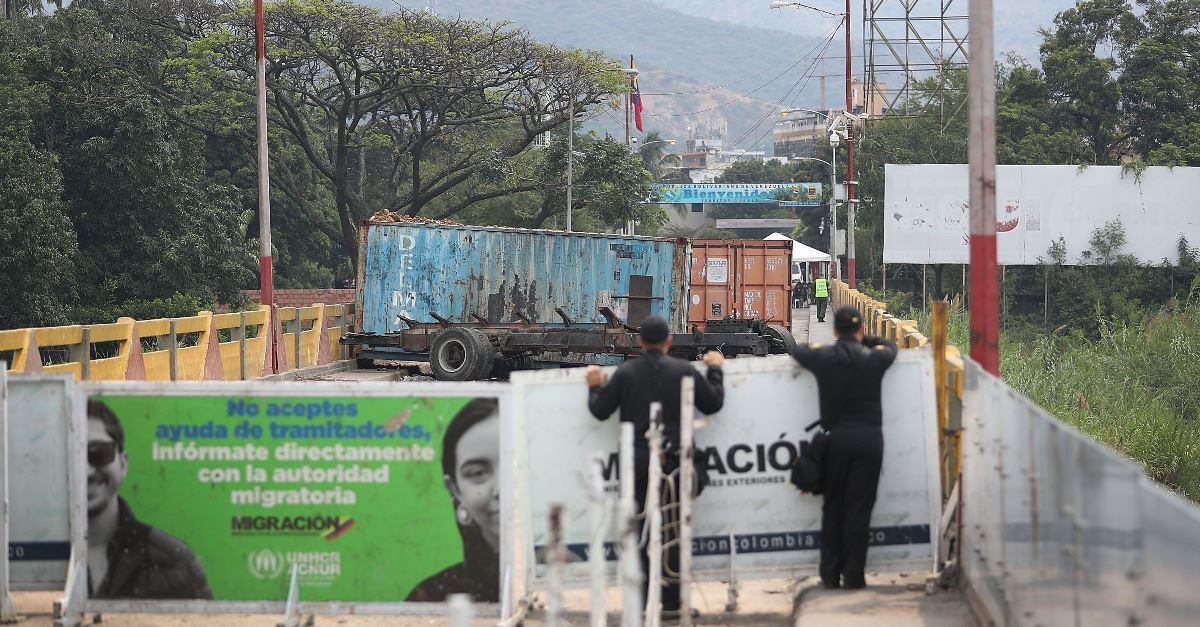
Photo courtesy: Getty Images/Joe Raedle/Staff
According to the World Atlas, Venezuela is the home to some 31 million people. Of the 31 million living in the Latin American country, 88 percent of them identify as Christians – 71 percent as Roman Catholic and 17 percent as Protestant. According to the International Mission Board, however, along with the social, political and economic climate, the religious climate is also regressing.
Two IMB missionaries who lived and worked in Venezuela for nearly three decades said that Maduro has immortalized Chavez, exalting him as a god. According to the IMB, “Maduro created a cult that glorifies the ‘eternal commander,’ making Chavez’s burial place a center of worship and prayer to Chavez.” Maduro also shared that “he communes with Chavez,” and performs ritual sacrifices at the presidential palace in honor of Chavez.
Reportedly, some churches have even removed “our Father” from the Lord’s Prayer in exchange for “Our Chavez, who art in heaven.” The IMB reports that government officials are participating in rampant idol worship, spiritism, witchcraft and materialism.





